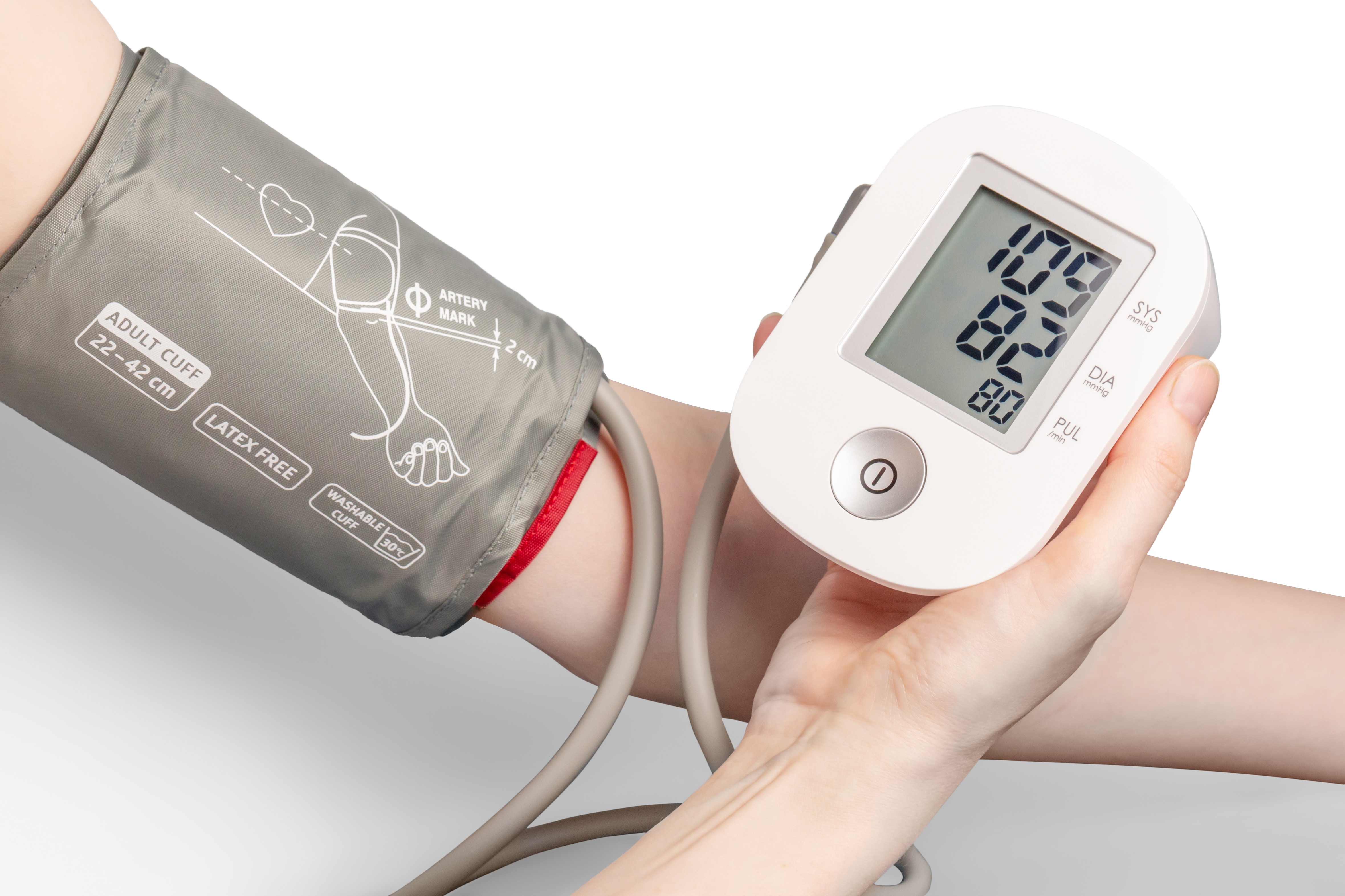Attachments
Note: Not all attachments are visible to the general public. Research URLs will go live after the embargo ends.

Journal/
conference: JAMA Pediatrics
conference: JAMA Pediatrics
Research:Paper
Organisation/s:
Baker Heart and Diabetes Institute, Menzies Institute for Medical Research, University of Tasmania, The University of Melbourne, University of South Australia
Funder:
This research was funded by the
Academy of Finland (206374, 294834, 251360,
275595, 307996, and 322112), the Juho Vainio
Foundation, the Finnish Foundation for
Cardiovascular Research, the Finnish Ministry of
Education and Culture, the Finnish Cultural
Foundation, the Sigrid Jusélius Foundation, Special
Governmental grants for Health Sciences Research
(Turku University Hospital), the Yrjö Jahnsson
Foundation, the Finnish Medical Foundation, and
the Turku University Foundation. Dr Magnussen
was supported by a National Heart Foundation of
Australia Future Leader Fellowship (100849) and a
National Health and Medical Research Council
investigator grant (APP1176494).
Role of the Funder/Sponsor: The funders had no
role in the design and conduct of the study;
collection, management, analysis, and
interpretation of the data; preparation, review, or
approval of the manuscript; and decision to submit
the manuscript for publication.



 Australia; VIC; SA; TAS
Australia; VIC; SA; TAS


